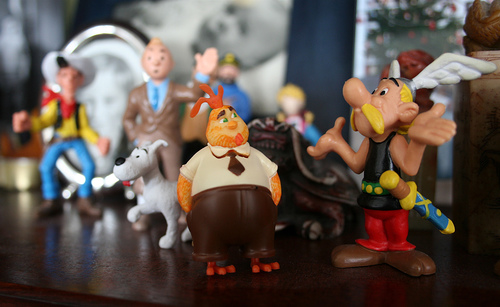Scientific research has given us another reason why children’s books are so important! A recent article in The Guardian website highlights how reading stories can help children understand their peers:
Researchers at Emory University in Atlanta, US, say that fiction tricks our brains into thinking we are part of the story. The empathy we feel for characters wires our brains to have the same sensitivity towards real people. Carnegie Mellon University studies discovered that when you get lost in a book your brain lives through the characters at a neurological level.
The article goes on to outline approaches teachers can use to support this and also names some recommended titles including Phil Earle’s Being Billy and Kes Gray’s Mum and Dad Glue. I would like to add Wonder by RJ Palacio, a very powerful story about a 10 year old boy with severe facial abnormality. The story is told from multiple viewpoints including the boy, his family, and other children at school (including a bully), so the reader has the opportunity to empathise with a range of perspectives.
Thanks to Hannah for pointing out the article.
